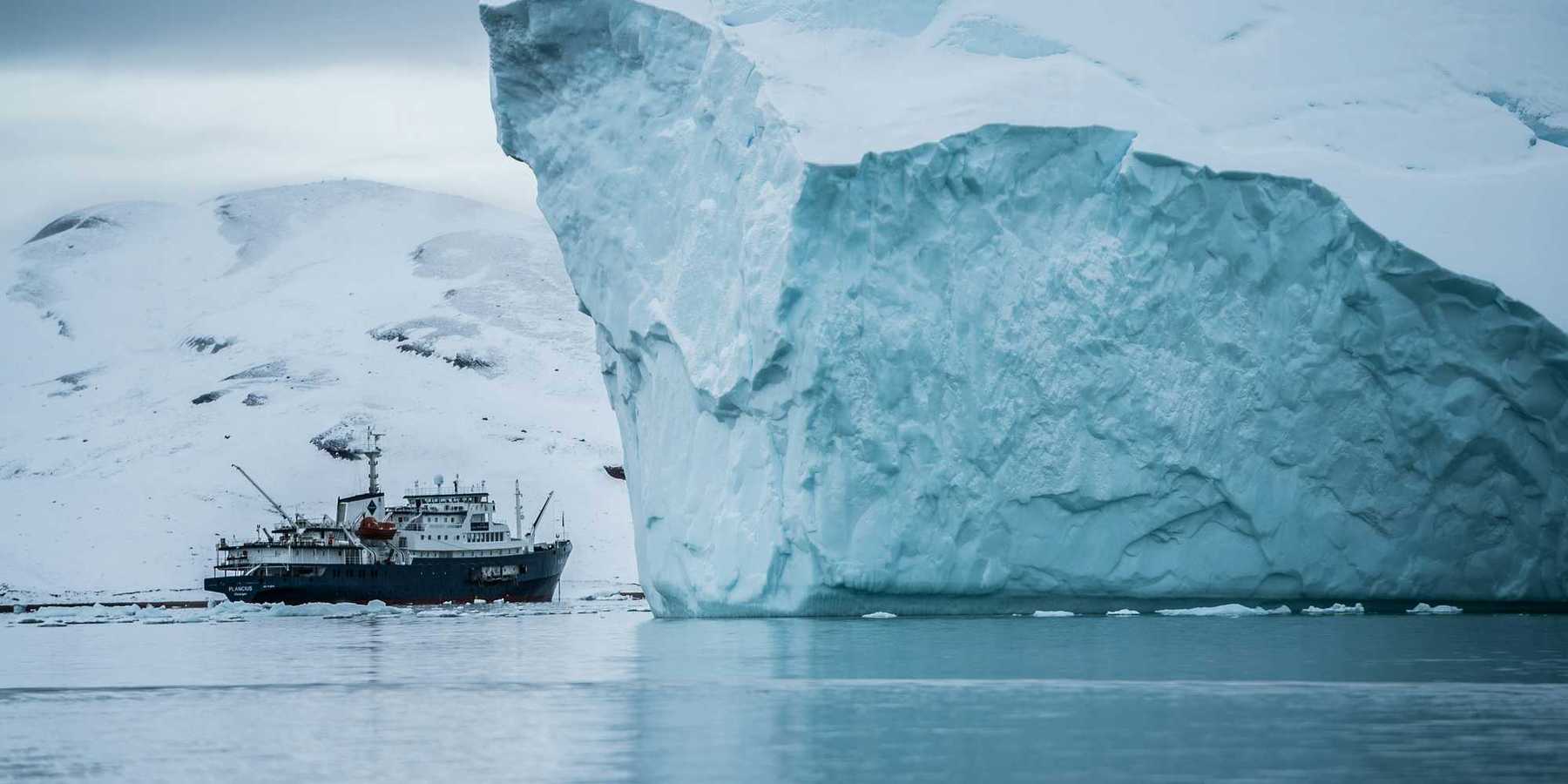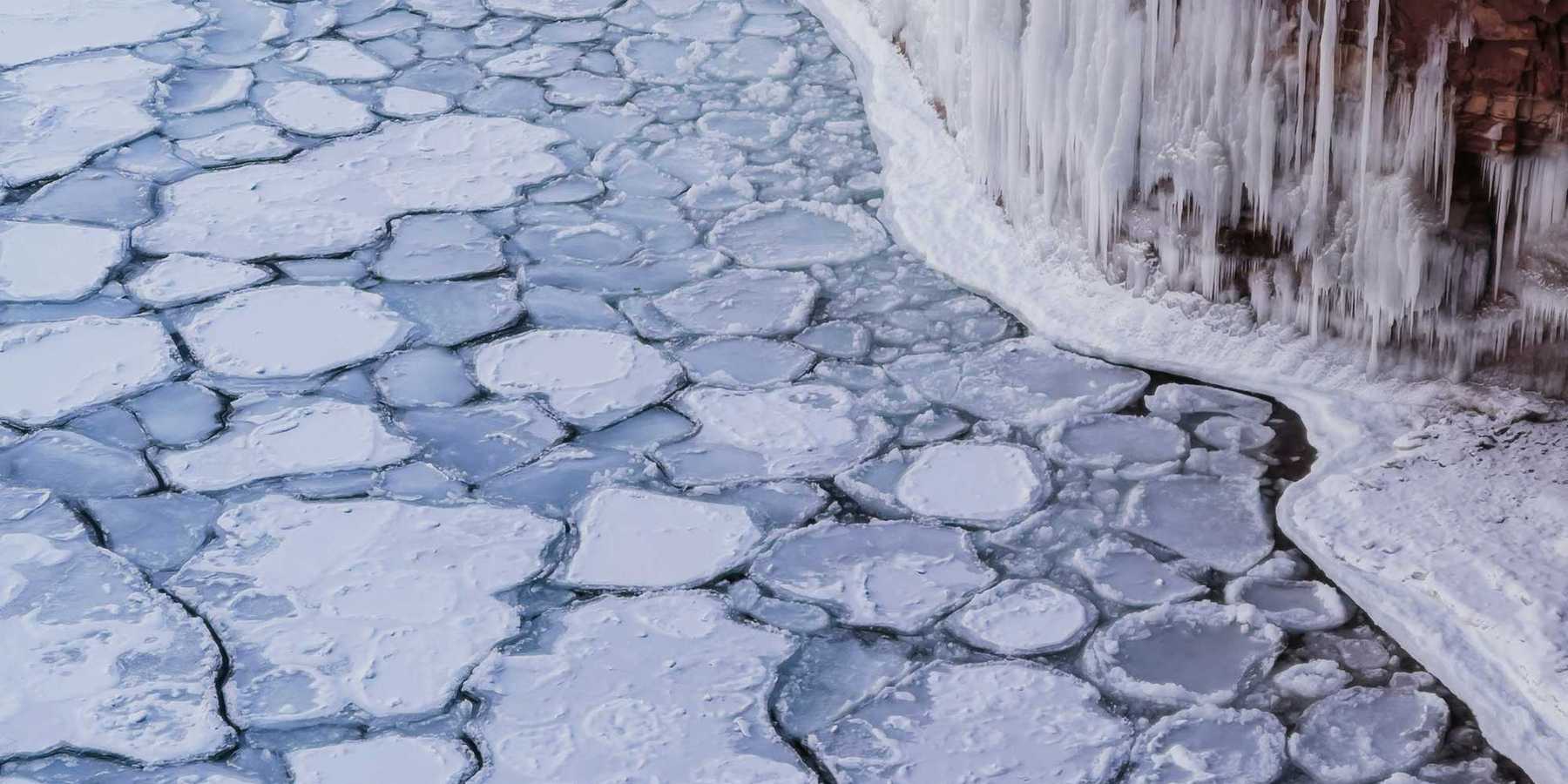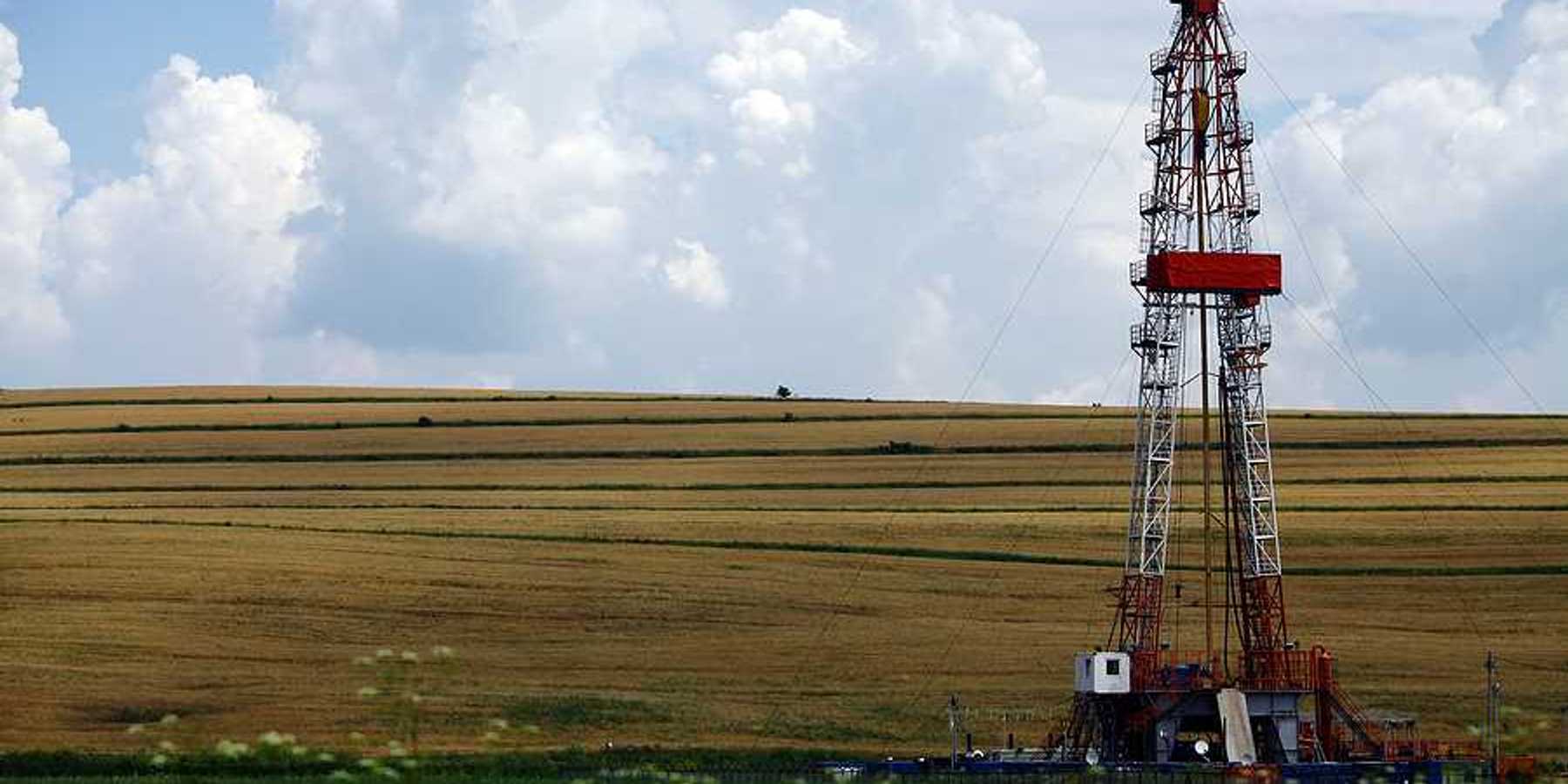Peter Dykstra: The green bucket list
Sites across the U.S. where environmental challenges have been met.
When you’re immersed in environmental science and environmental politics, it’s sometimes hard to step back and measure progress.
Here are a few gains and victories to charge your batteries.
Rancho Seco, California
In 1975, the City of Sacramento cut the ribbon on its own nuclear power plant. After years of substandard performance and at least one unnerving emergency shutdown, city voters narrowly chose to deactivate the plant in 1989.
Today, Rancho Seco is a sprawling park, 25 miles from downtown, with a sizable solar farm, a gas-fired power plant, and cooling towers unlike those in any other city park in the nation—and a reservoir designed as an emergency source of coolant water is now one bodacious fishing hole.
Greensburg, Kansas
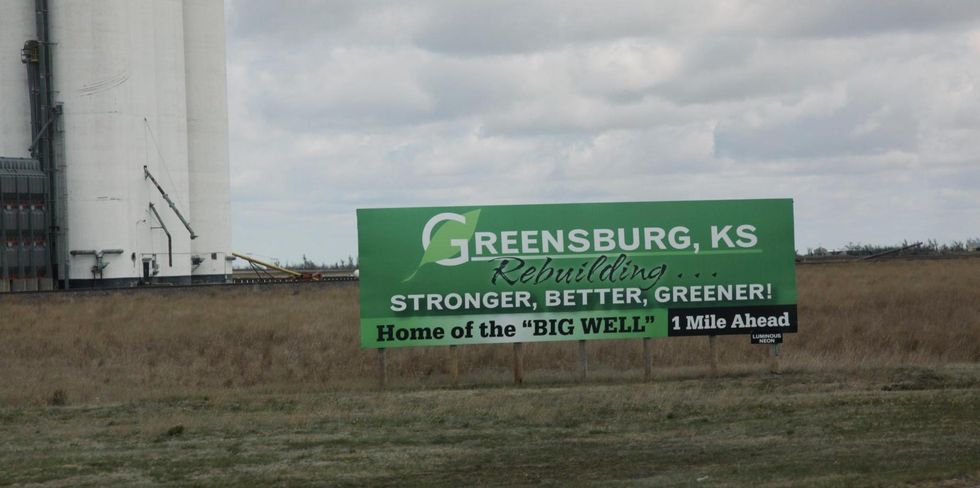
In May 2007, a tornado wiped this Kansas prairie town off the map. With so little left to lose, town leaders accepted a challenge: Rebuild Greensburg all-green, with 100% clean energy.
A decade and a half later, it’s mission accomplished for Greensburg. Its municipal wind farm sells power back to the grid.
Hubbard Brook, New Hampshire
A research forest in North Woodstock, New Hampshire, where Gene Likens and a team of scientists were among the first to study the causes, sources, and potential solutions to acid rain.
Warren County, North Carolina
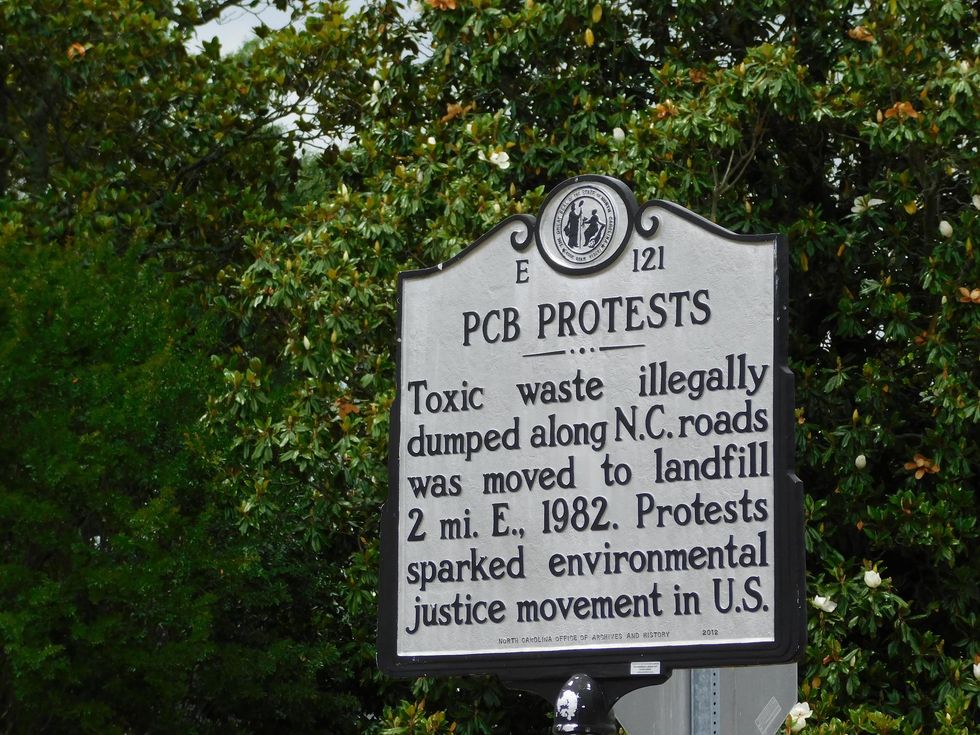
When plans were disclosed to landfill carcinogenic PCB waste in a predominantly poor Black county, national civil rights organizations joined local groups in a series of protests and blockades.
More than 500 arrests later, the environmental justice movement was born.
Storm King Mountain, New York
Con Edison, the utility giant that powers New York City, was on the lookout for new generating capacity. Storm King rises 1,400 feet above a particularly lovely stretch of the Hudson River. In 1962, Con Ed sought permission to convert Storm King into a giant pump-storage facility – hollowing out the mountain to create a vertical reservoir, releasing the water to power electrical turbines during peak demand periods.
Swift opposition came from hikers, fishermen, ambitious lawyers and Manhattan millionaires. Seventeen years of court cases and public hearings later, Con Ed dropped its plans for Storm King. But the battle is considered the birthplace of American environmental law.Baraboo, Wisconsin
There are two reasons to enshrine this town of 12,000: It’s home to the Aldo Leopold Foundation, dedicated to one of America’s greatest environmental authors; and also to the International Crane Foundation, the leading NGO in protecting crane species worldwide.
These are sites where problems yielded inspired solutions. Next week, we’ll look at American sites with unresolved problems we can learn from.
Peter Dykstra is our weekend editor and columnist and can be reached at pdykstra@ehn.org or @pdykstra.
His views do not necessarily represent those of Environmental Health News, The Daily Climate, or publisher Environmental Health Sciences.
Banner photo: Canoeing in Rancho Seco. (Credit: Robert Couse-Baker/flickr)



